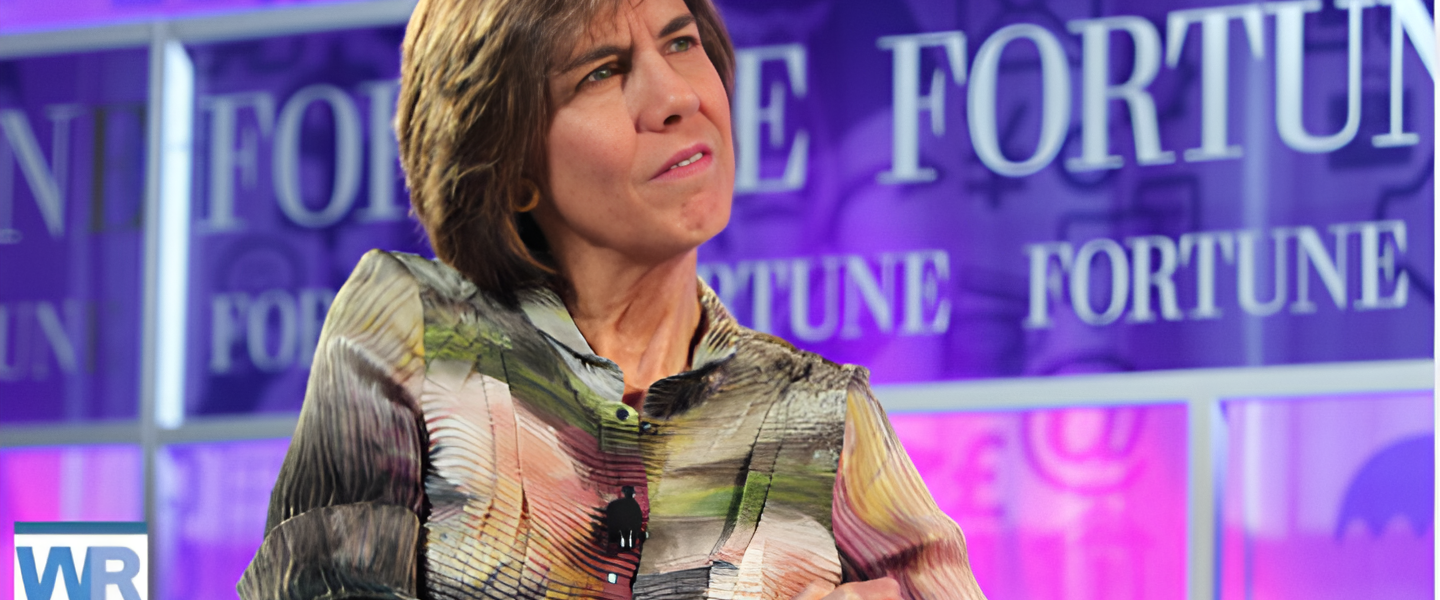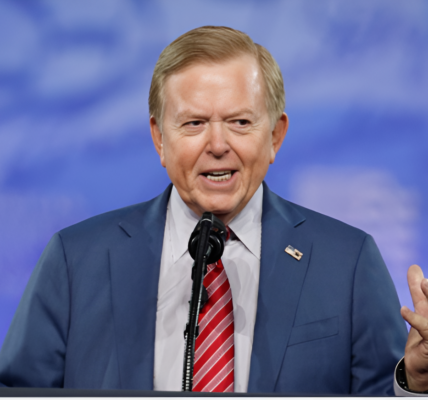
LAGUNA NIGUEL, Calif. — Pattie Sellers is a living example of how life’s unexpected twists lead you to where you’re meant to be.
As Fortune’s senior editor at large, Sellers is a key figure in the world of business journalism, having established herself as a driving force behind Fortune’s “Most Powerful Women” (MPW) list and its renowned summit, now in its 16th year. Her journey into this influential role began three decades ago when she found herself unable to land a job covering the arts, leading her to explore business journalism.
Today, Sellers is intimately connected with every female corporate leader in the U.S. and has helped shape the landscape for women in business. As she prepared for the high-powered summit this week, she reflected on why more women haven’t reached the top ranks of corporate America. “Women don’t lean in enough to their careers,” Sellers told me. “They don’t take as many risks.”
A trailblazer herself, Sellers was instrumental in launching the MPW list in the late 1990s when women in business were still emerging into prominence. The first MPW cover featured then-unknown Carly Fiorina, a now familiar name. Fast forward to 2024, and the MPW summit attracts over 400 influential women (and a few men), with speakers like Warren Buffett, IBM’s Ginni Rometty, actress Gwyneth Paltrow, and Facebook’s Sheryl Sandberg.
Sellers, who grew up in Allentown, Pennsylvania, and graduated from the University of Virginia, began her career at The Washington Business Journal in the early ’80s. “Back then, business journalism wasn’t all that exciting—dominated by old white men running Fortune 500 companies,” she recalls. “It was before the Internet, and the PC was just being invented.”
When asked how male business leaders reacted to her presence as a female journalist, Sellers sees her gender as an advantage. “I’ve always felt that being underestimated is a gift. People are more open and share things they might not with someone they view as cocky or overconfident.”
Reflecting on the progress of women in corporate America, Sellers notes that when the MPW list was first created, there was only one female CEO on the Fortune 500 list—Jill Barad of Mattel. Today, 25 female CEOs head Fortune 500 companies, though that still represents just 5% of the total. But the growth of female leadership in major companies like Hewlett-Packard, IBM, PepsiCo, DuPont, and defense giants Lockheed Martin and Northrop Grumman is a remarkable achievement, in her eyes.
Despite these gains, Sellers believes that women still hold back. She agrees with Sheryl Sandberg’s view that women don’t take enough risks, and often think about power in a more horizontal, balanced way. “Men tend to view power vertically—climbing the ladder. Women think of it as influence, aiming for success in their job, family, and personal life. They don’t solely rely on the job to feel successful or happy,” Sellers explains.
While she’s optimistic about some progress, Sellers doesn’t believe there will ever be true parity in corporate leadership. “When I started writing about women in the ’90s, it was the tail end of women trying to act like men to fit in. They either dressed like them or overcompensated to stand out,” she recalls. “Now, women at the top are more relatable and grounded—they’re not as aggressive or outlandish as those early pioneers.”
Sellers also reflects on the evolution of Fortune’s MPW list. In 1998, the publication created the list to highlight powerful women, with Carly Fiorina on the cover being a significant moment. The criteria for the list were clear: the size of a woman’s business, its direction, the trajectory of her career, and her influence in the broader culture.
As Sellers watches more women leave the corporate rat race to start their own businesses, she notes that women often create companies with values that prioritize work-life balance and personal fulfillment, rather than the relentless pursuit of profits. “Women aren’t starting Fortune 500 companies in the way men do. Women often want to create workplaces they’d like to work in, not necessarily the next billion-dollar empire,” she says.
While she acknowledges that it would be thrilling to see a woman build a company on the scale of Facebook or Google, Sellers is uncertain whether that moment will ever come. “It would be great to see a female Mark Zuckerberg emerge, but I’m not sure it’s going to happen.”
Still, Pattie Sellers remains a cornerstone of the Fortune 50 Most Powerful Women rankings, shaping the dialogue about the progress, challenges, and potential of women in the corporate world.





